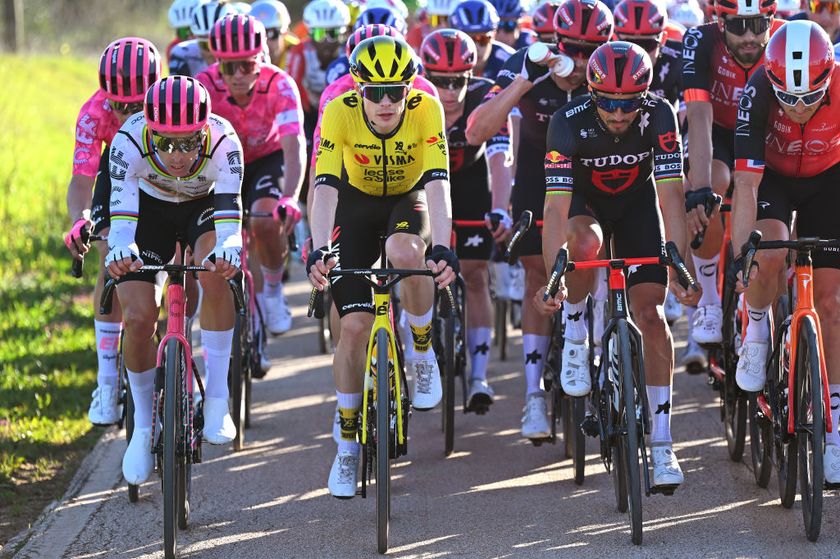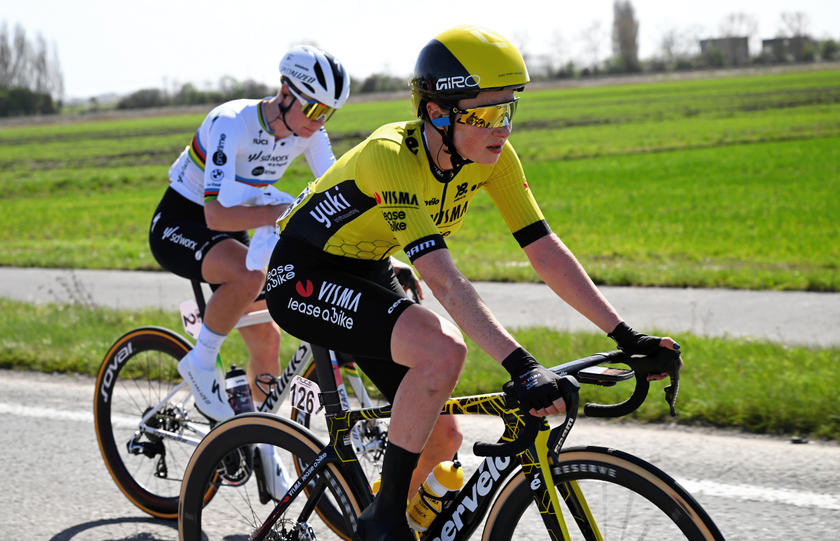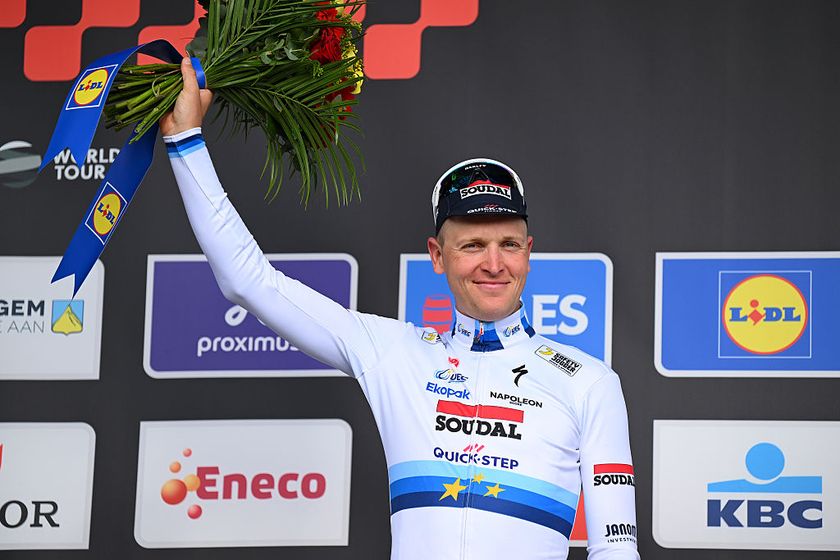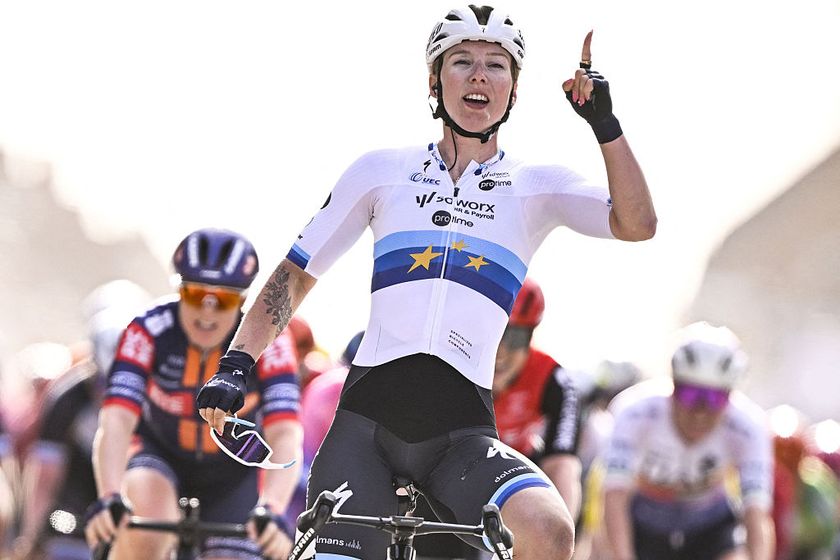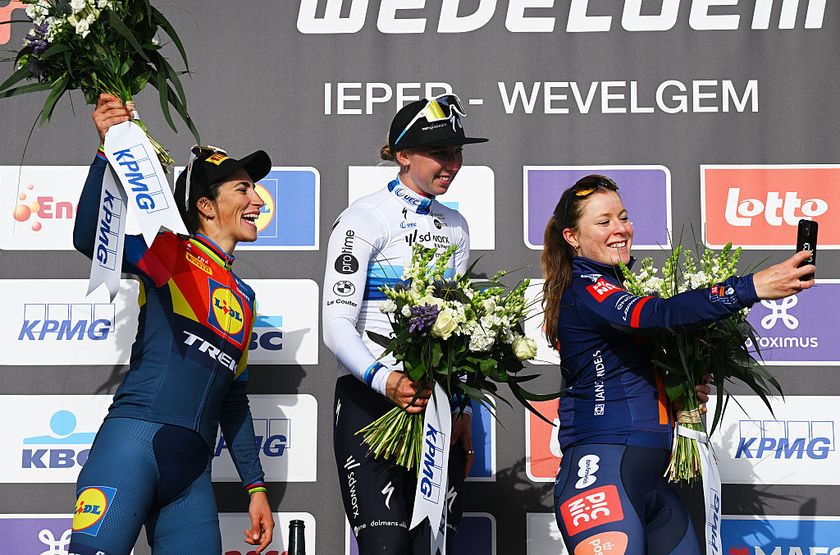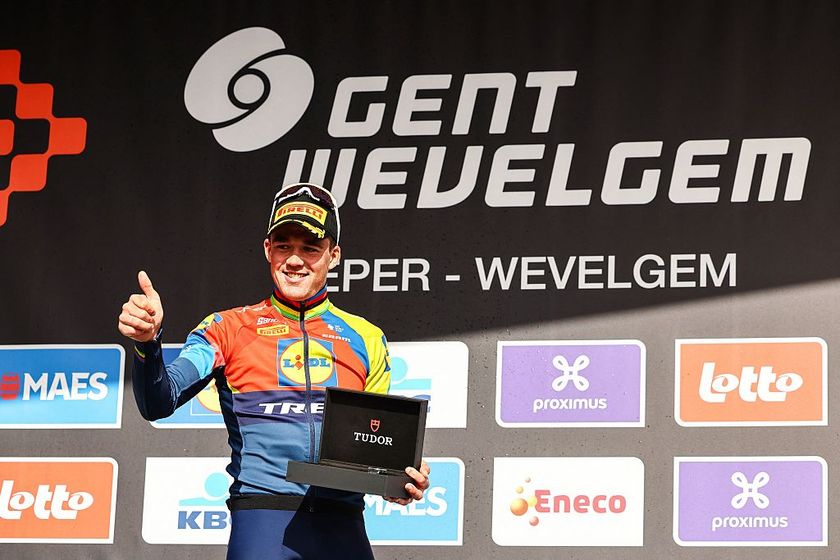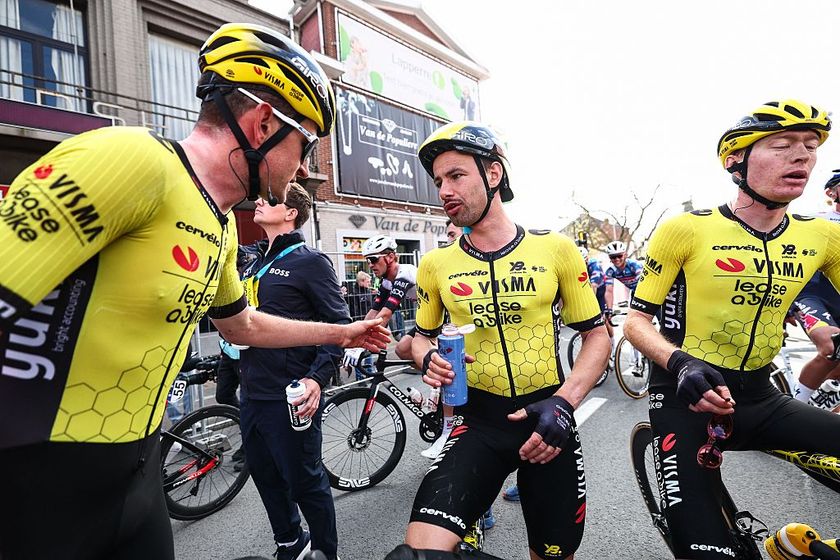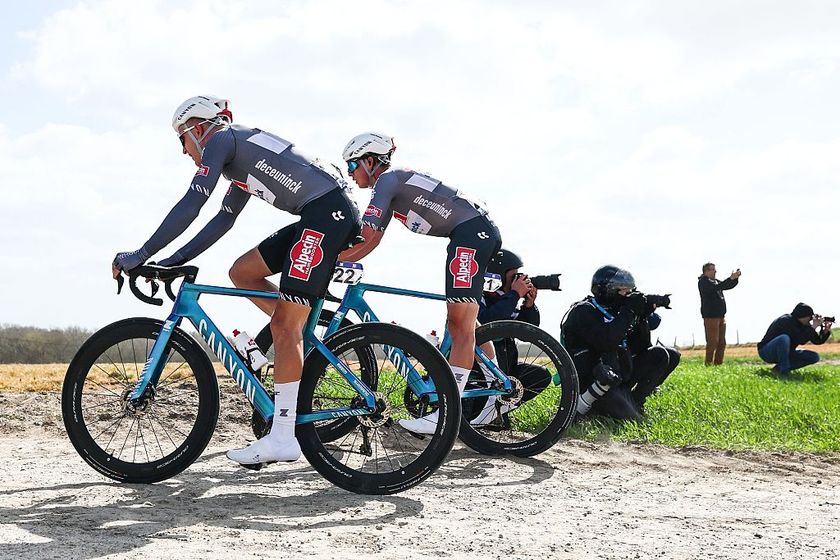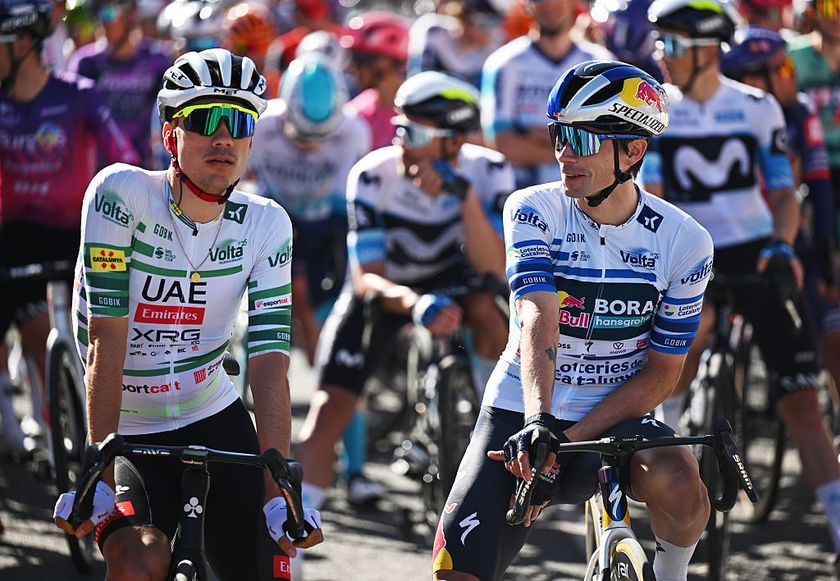Brailsford: doping is addictive, like going from marijuana to cocaine
Peloton was swept up in the doping culture
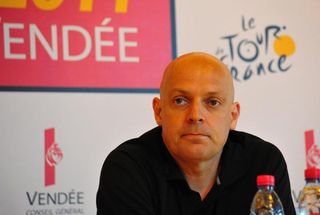
Team Sky manager Dave Brailsford has compared the use of doping in sport to social drug use, highlighting the addictive nature of drugs and how people can rapidly progress from a first joint to crack cocaine.
Speaking at the Advertising Week Europe conference in London on Monday, the Guardian reported that Brailsford suggested that athletes had become swept up in a doping culture with the arrival of once undetectable drugs such as the growth hormone EPO.
"To me [the riders who doped] are not bad people as such,” he said, highlighting the addictive nature of doping with the comparison to so-called recreational drugs.
“It is similar to someone having their first joint and then moving onto ecstasy or whatever. Then the next thing you know it is everyone on crack cocaine," the Guardian reported Brailsford as saying.
As for Lance Armstrong and the expose of not only his own doping, but his intimidation of other rider and even journalists, Brailsford suggested that there may well have been wide spread corruption to hide a complex doping programme.
“Yes, I do think there was institutionalised corruption. I do think anyone can rehabilitate themselves. It is down to the individual. Suing people [journalists], bullying was unpleasant."
Brailsford is the team manager at Team Sky and also directed the Great Britain cycling team to success at the 2013 London Olympics. Team Sky introduced a zero-tolerance policy to doping in the team at the end of 2012. All staff and riders are obbliged to sign a statement that they have never been involved with doping. Several people left the team as a consequence of the policy.
Get The Leadout Newsletter
The latest race content, interviews, features, reviews and expert buying guides, direct to your inbox!
Last week Brailsford hit back at innuendo about why Team Sky is so strong in stage races, using the success of the Great Britain team as guarantee of his integrity.
"If people want the entertainment value of riders attacking each other, stopping, attacking each other again and again, then go back to 'old cycling', which will give you the capability to do that," he told Cyclingnews.
"If you want clean sport and clean cycling, then it's going to be different. You can't have it both ways. There's an element of reality about what were doing."
